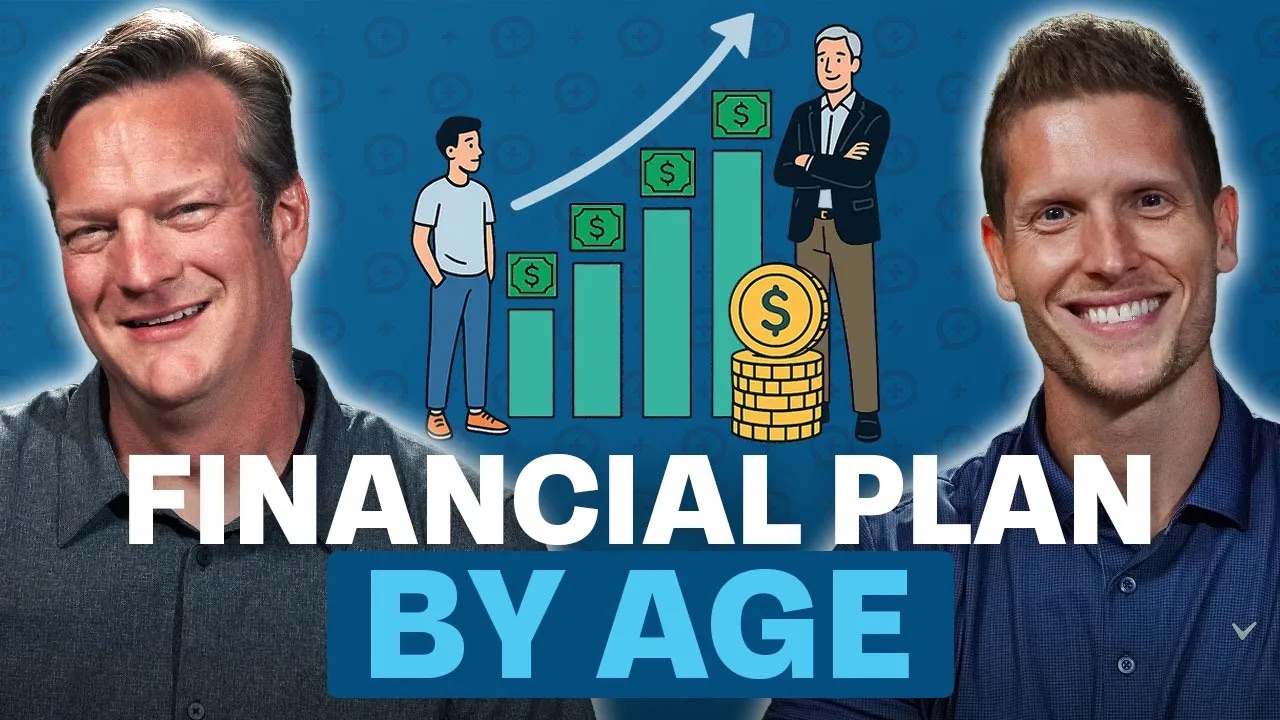Next question is from Horatio. He says, "My employer has a five percent 401K match, great, but a three-year vesting period. 100% vested at three years, nothing prior. I don't love this job and I don't want to stay here for three years. Any advice?"
Well, here's the good news, Horatio. The money that you put in is always going to be your money. When you put in your five percent (assuming it's a dollar-for-dollar match), if you put in a dollar, they'll put in a dollar. If you put in five percent, they'll put in five percent. The good news is that the money you put in is always yours. It's 100% vested. So, if you leave tomorrow, next week, next year, or next decade, you get to take those contributions with you. The only thing that really stays at risk is the five percent match, which is the money they put in. Rather than doing what most companies do, which is called a graded scale, they're doing a three-year cliff. You have to be there for three years to get that. Here's my opinion, and I'm curious, Brian, to see if you agree with this: I think you still have to do it just in case you're still there. The worst-case scenario is that you're going to save five percent and save five percent and save five percent and save five percent. You're going to put that money into the 401K. If you leave in year one or year two or before you hit year three, okay, you still have to roll it out, but you've done some serious saving and you haven't really been harmed. It's not like the employer took money away from you. But if you get to around two and a half years and you're thinking, "Man, I don't love this job, and I'm going to start interviewing and thinking about looking somewhere else," you might say to yourself, "But maybe I'm going to wait six more months, maybe I'm going to wait until I get over that three-year vest, and then I'm going to think about changing because I've put in the hard work." If you end up making it to three years and you made the choice not to go get that five percent free money, I think you would really kick yourself for missing out on that opportunity.
Horatio, first of all, you have to do the five percent because that's step two of the
Financial Order of Operations (
moneyguy.com/resources). But I think there are actually some things you need to know about retirement plans, and it's going to require you to do some homework. You need to go get the details on your employer's retirement plan because there might be options. You don't have to work the entire year. A lot of people don't realize there's what's called a thousand-hour provision, meaning that you could work for only six months out of the year, have a thousand hours of service, and be considered to have gotten a full year's worth of time. You just need to make sure there's not what's called a last-day provision on that retirement plan for year-end. So, you need to know the details of your retirement plan because it's one of those things where if you've already worked there for two years and we're here in March of year three, maybe this is only a three-month decision that you have to think about. You just need to know all the variables. And here's why this is important to me: When I was working in government, I had police officers who would take jobs in different neighboring counties to make two to three thousand dollars more a year.
Which, on paper, they probably were thinking, "That's great!" But what they weren't realizing is if they did that in year four and they were so close to reaching the five-year vesting period because it was only five years at that time, I used to think that was a foolish decision on their part. To pick up an extra two to three thousand dollars here but walk away from this huge benefit of a vested pension. And it was the same way when I started my first company. I put in my notice with my employer on February 15th. Why did I choose February 15th when I knew, actually 14 months earlier, that I was going to start my own company? The reason was that they had a great year-end bonus, and I wanted to make sure I was there for that year-end bonus. I knew they also had a last-day provision on some of the retirement stuff. So I stuck it out longer than I probably needed to because I wanted to make sure I didn't leave behind some of those big payoff moments. But also, I wanted to give the employer flexibility. I didn't want to catch them in a bad season and do it. So I would do your homework, Horatio, so that you kind of know what the true opportunity or the things you're giving up are, because it might be more nuanced than you realize.
For more information, check out our
free resources here.













